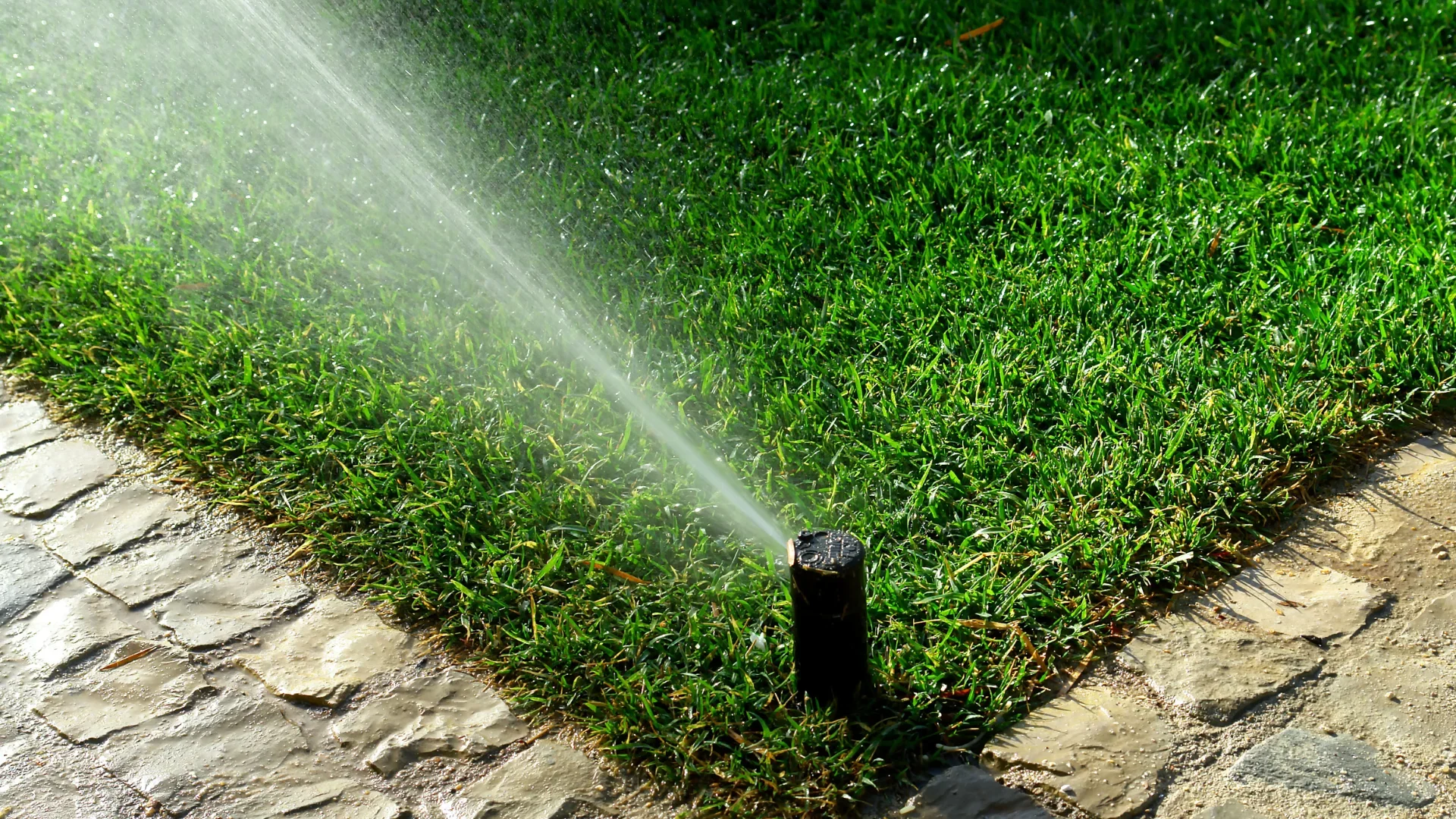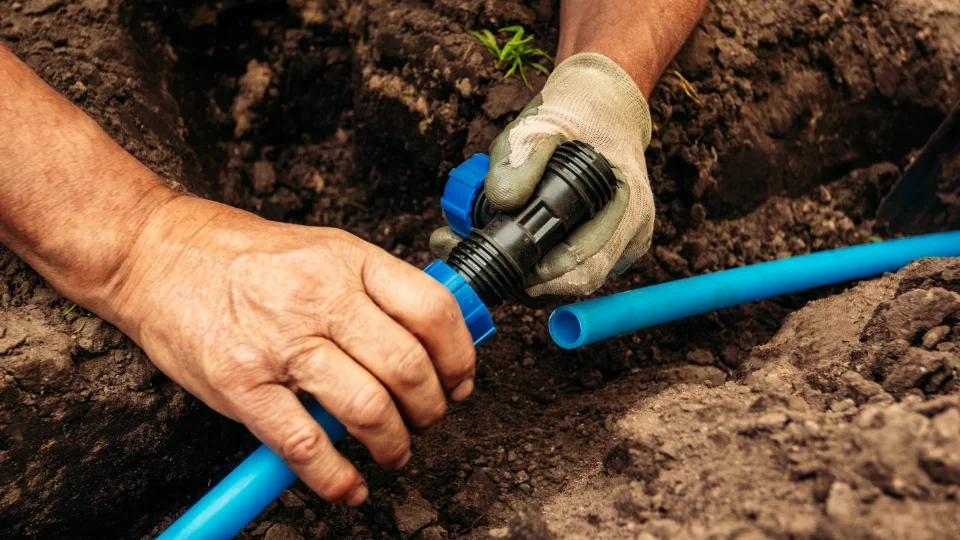In South Florida, landscape maintenance is not just about keeping up appearances. It’s about finding practical ways to manage water use, protect plant health, and keep outdoor spaces consistent year-round. The region’s two dominant seasons – wet and dry – require different strategies to support healthy growth and avoid water-related issues like flooding or drought stress. This is where professional irrigation services become essential.
Whether you're dealing with saturated lawns in August or parched turf in February, a well-planned irrigation system can help you respond to changing conditions without waste. In this article, we'll break down how irrigation services work, why they matter in South Florida’s climate, and what options are available to property managers who want to stay ahead of seasonal challenges.
What Are Irrigation Services?
Irrigation services include the design, installation, maintenance, and repair of systems that manage water flow across landscapes. These systems are responsible for distributing the right amount of water to grass, plants, and trees without overdoing it.
For commercial properties, this is more than convenience. It’s about managing large outdoor areas efficiently, keeping lawns and plant beds consistent even during extreme heat or sudden storms. Services typically include:
Sprinkler system setup and calibration
Drip irrigation for targeted plant beds
Valve and controller adjustments
Rain sensor and smart controller integration
Leak detection and seasonal inspections
System conversions and upgrades
In South Florida, especially during the rainy season, irrigation must work in sync with the weather, not against it. That means using smart technology, understanding local plant needs, and adjusting for seasonal shifts.
Why Irrigation Services Matter in South Florida
Responding to the Wet Season
From June through October, South Florida experiences frequent rain, high humidity, and saturated soils. Without a responsive irrigation system, this can lead to runoff, root damage, and waterlogged lawns. Overwatering becomes a real risk, especially when older systems run on set timers regardless of rain.
Professional irrigation services help you avoid these problems by setting up systems that respond to actual conditions. Rain sensors, for example, prevent sprinklers from running during or after rainfall. Smart controllers can adjust schedules based on weather data and soil moisture.
Preparing for the Dry Season
When the dry season arrives, typically from November through April, landscapes often suffer from under-watering. Dry air, sandy soils, and lower humidity can quickly strip moisture from the ground. Without proper irrigation, grass and shrubs become brittle, discolored, and more vulnerable to disease.
Irrigation professionals plan for this shift by adjusting watering frequency and delivery methods to make sure the soil retains enough moisture without overcompensating.
Types of Irrigation Systems
There’s no one-size-fits-all solution. Choosing the right system depends on the layout of your property, your plant material, and how much foot traffic your landscape receives. Here are the most common systems used in South Florida commercial properties:
Sprinkler Systems
These are the most common for large turf areas like office parks or hospitality spaces. Sprinkler heads can be adjusted to cover wide or narrow areas, and newer systems allow for zoning and pressure regulation.
Pop-up sprinkler heads are often used in lawns because they retract when not in use, avoiding damage from mowers or foot traffic. In-ground systems require careful planning to prevent water waste and coverage gaps.
Drip Irrigation
Drip systems deliver water slowly at the base of plants. They’re ideal for garden beds, hedges, and areas with drought-tolerant plants. Because they limit evaporation and runoff, they’re especially useful during the dry season or for areas with inconsistent rainfall.
Drip irrigation also helps with root development by keeping the soil consistently moist without soaking it.
Smart and Sensor-Based Systems
Smart irrigation is increasingly popular in South Florida, where weather conditions change quickly. These systems use real-time weather data, soil moisture sensors, and rain shut-off devices to manage irrigation with precision.
For example, if a storm passes through in the morning, the system will automatically cancel its afternoon cycle. Some controllers can even detect if wind speeds are too high for spraying and delay watering until conditions improve.
Maintenance and Seasonal Adjustments
The success of any irrigation system depends on maintenance. Broken heads, clogged drip lines, or malfunctioning valves can cause water waste or deprive areas of moisture.
Professional irrigation services include seasonal tune-ups. During the wet season, technicians can adjust runtimes, clean filters, and check for overspray that might lead to puddling or erosion. During the dry season, service teams focus on coverage consistency and deep watering settings.
Additional maintenance services include:
Checking for leaks or backflow issues
Flushing and cleaning lines
Replacing worn nozzles or cracked heads
Updating controllers and software
Testing rain sensors for accuracy
Water Conservation and Compliance
Water conservation isn’t just good practice, but it’s required by local regulations. Many South Florida municipalities enforce restrictions on watering days and times, especially during drought warnings. Failing to comply can result in fines or damaged property reputation.
Smart irrigation services help you stay in compliance by automating watering within approved timeframes and adjusting volume to meet legal guidelines. Professionals can also help with permitting if you’re installing a new system or expanding an existing one.
Why Work with a Local Provider Like The Green Shape
The Green Shape understands the unique climate conditions of West Palm Beach and the broader South Florida area. With consistently hot summers, unpredictable rainfall, and long dry stretches, property managers need irrigation plans that are both flexible and reliable.
Unlike one-size-fits-all solutions, The Green Shape develops irrigation strategies that consider:
Local weather cycles
Soil types and runoff potential
Property use and public access
Plant selection and root depth
Drainage and grading
In addition to design and installation, The Green Shape offers proactive inspections and seasonal servicing to keep systems working correctly throughout the year. Their approach focuses on reducing waste and supporting steady, predictable plant growth.
Common Signs You Need Irrigation Services
If you’re not sure whether your property needs professional irrigation services, here are a few signs to watch for:
Dry patches or inconsistent turf color
Water pooling around plant beds or walkways
Sprinklers spraying sidewalks or walls
Unexpected spikes in water bills
Wilted plants despite recent rain
Broken or stuck sprinkler heads
Early detection saves money and helps avoid larger issues. A professional can assess the entire system and recommend cost-effective upgrades or adjustments based on your site’s conditions.
Get Smarter About Irrigation
In South Florida, where long dry spells follow months of heavy rain, irrigation services are a practical solution for keeping landscapes healthy without wasting water. These systems do more than automate watering. They help properties adapt to changing weather and protect plant life through every season.
Whether you're overseeing a commercial lawn, a residential development, or a multi-use facility, the right irrigation setup can make your job easier. With expert planning and routine care, watering becomes consistent, efficient, and responsive to your site’s real conditions.
Stop guessing and start working with a team that understands how irrigation needs shift across South Florida’s wet and dry cycles. Contact The Green Shape to learn how a custom irrigation strategy can support the health of your landscape year-round.
Frequently Asked Questions
What does an irrigation service include?
Irrigation services typically include system design, installation, maintenance, and seasonal adjustments. This may involve sprinklers, drip lines, rain sensors, and smart controllers.
Do I need different irrigation settings for summer and winter?
Yes. In South Florida, the wet season (summer) often requires reduced watering, while the dry season (winter) may need deeper or more frequent irrigation. Settings should be adjusted based on weather and soil.
How do I know if my irrigation system is working properly?
Signs of a problem include dry patches, runoff, puddles, or an unusually high water bill. Regular inspections can identify issues early before they lead to damage or waste.
How do I winterize my irrigation system in South Florida?
While winters in South Florida are mild compared to northern states, irrigation systems still benefit from seasonal prep. Winterizing often involves adjusting runtimes, inspecting for wear, checking rain sensors, and shutting off unnecessary zones. A professional can help prevent damage, especially during the cooler, drier months when watering needs change.


